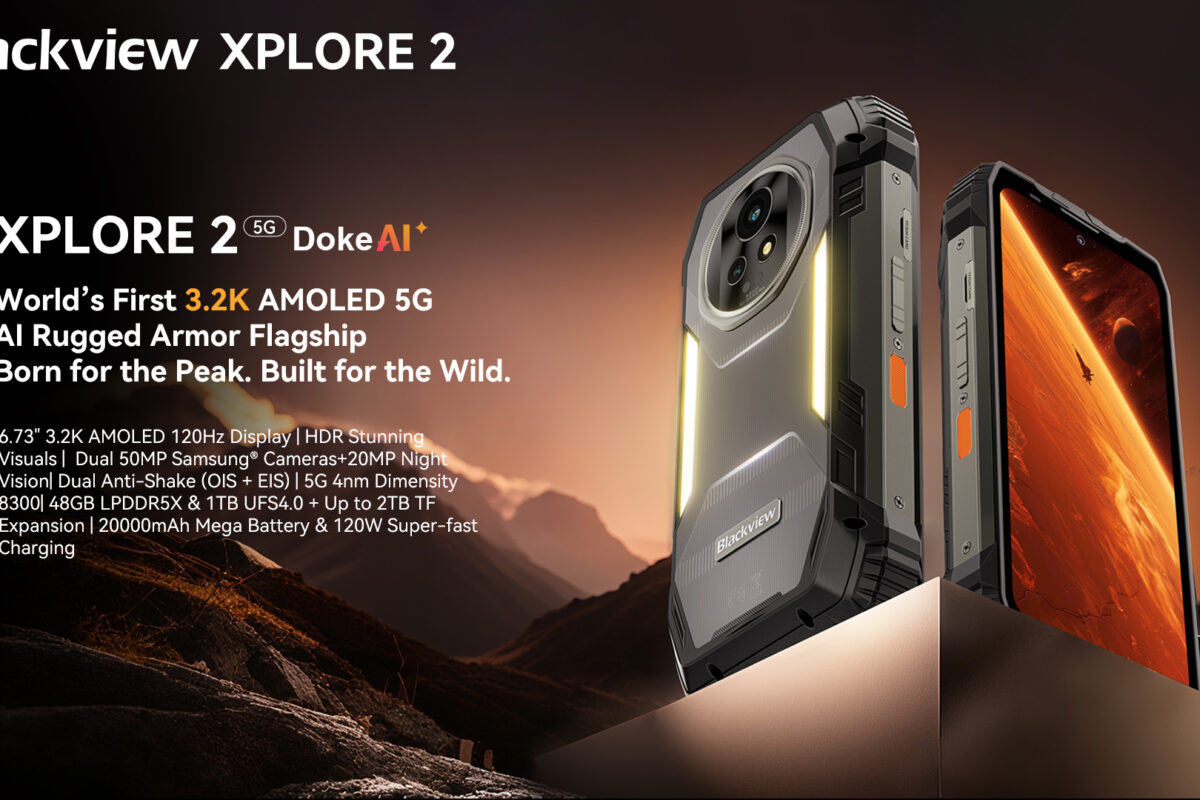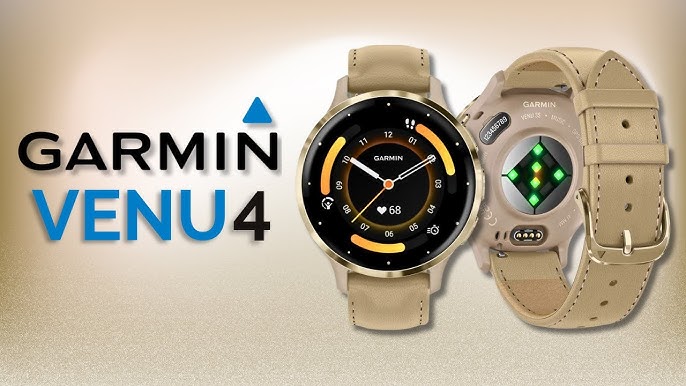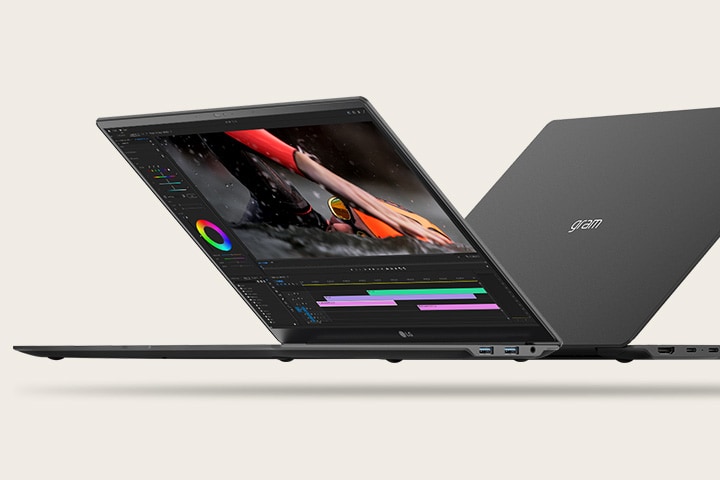introduction
Imagine standing in a tech store, faced with two dazzling choices. In one hand, you hold an iPhone—polished, premium, and iconic. In the other, an Android device—bold, customizable, and innovative. This isn’t just about picking a phone. It’s about choosing an entire ecosystem that defines how you interact with technology daily.
So, how do you make the right call? By diving deep into the heart of both ecosystems, understanding their quirks, strengths, and whether they align with your unique lifestyle. Let’s unravel this age-old debate—iPhone vs. Android—and help you discover which ecosystem truly fits you.
The Ecosystem Debate: Why It Matters
Choosing between iPhone and Android isn’t just about specs or features. It’s about ecosystems—how devices, apps, and services seamlessly (or not so seamlessly) work together.
Why Your Choice Defines Your Experience
- Integration vs. Freedom: iPhones thrive in Apple’s walled garden, where every device speaks the same language. Android, on the other hand, champions diversity, offering you the freedom to mix and match.
- Daily Convenience: Whether it’s sharing files, syncing devices, or accessing your favorite apps, your ecosystem determines how smooth your digital life can be.
When you choose, you’re committing to a digital lifestyle. So, let’s break it down further.
iPhone Ecosystem: Features and Benefits
Apple’s ecosystem is renowned for its elegance and simplicity. But what does that mean for you?
Seamless Integration Across Apple Devices
Ever heard of the saying, “It just works”? That’s Apple in a nutshell. If you’re juggling an iPhone, Mac, iPad, or Apple Watch, everything flows effortlessly.
- AirDrop lets you share files instantly between Apple devices.
- Handoff lets you start tasks on one device and finish on another—perfect for multitaskers.
- iCloud ensures your photos, documents, and apps are always up-to-date across all devices.
With Apple, you don’t just own a device; you own a connected experience.
Exclusive Apps and Services
You get access to features and services that are strictly Apple territory:
- iMessage and FaceTime: Communicate seamlessly with fellow Apple users.
- Apple Music and Fitness+: Tailored experiences designed to keep you entertained and healthy.
- App Store Quality: A carefully curated app selection means fewer bugs and more polished experiences.
Reliability and Longevity
Your investment in an iPhone pays off in the long run. Why?
- Extended Software Updates: Older iPhones receive updates for up to 7 years.
- High Resale Value: Even a two-year-old iPhone can fetch a good price on resale markets.
Android Ecosystem: Features and Benefits
If Apple is about elegance, Android is about freedom.
Freedom of Choice
Here’s where Android shines: you have options—lots of them.
- From budget-friendly devices to cutting-edge flagships, there’s something for every budget.
- Customization is king: personalize your home screen, widgets, and even the operating system itself.
Google Services Integration
Android plays well with Google’s extensive ecosystem, giving you seamless access to:
- Google Drive for cloud storage.
- Google Maps for navigation, is often hailed as the best mapping service available.
- Gmail and Google Workspace for productivity.
Hardware Innovation
Android manufacturers are pushing boundaries with hardware features you won’t find on iPhones:
- Foldable phones like the Samsung Galaxy Z Fold.
- Stylus support on devices like the Galaxy Note series.
- Faster charging, larger batteries, and unique designs.
If innovation excites you, Android delivers in spades.
Comparing Key Features: iPhone vs. Android
Let’s stack them side by side and see how they fare in critical areas.
Performance and Hardware
- iPhone: Powered by Apple’s A-series chips, iPhones are optimized for blazing-fast performance. Even older models can outperform many newer Android devices.
- Android: From Qualcomm’s Snapdragon processors to MediaTek’s chips, Android devices cater to all needs—whether you’re gaming or multitasking.
Software and Usability
- iOS: Known for its clean and intuitive interface. However, customization is limited.
- Android: Offers endless customization options but may feel overwhelming for some users.
Security and Privacy
- iPhone: Apple prioritizes privacy with features like App Tracking Transparency and on-device data processing.
- Android: Google has made strides in privacy, but the open nature of the platform can pose risks, especially with third-party apps.
Spec Comparison Table
| Feature | iPhone | Foldable, custom ROMs |
|---|---|---|
| Price Range | Premium ($800–$1500) | Wide ($200–$2000) |
| OS Updates | 5–7 years | 2–3 years (on average) |
| Customization | Limited | Extensive |
| Hardware Variety | Limited to Apple devices | Wide range of brands |
| Exclusive Features | FaceTime, iMessage | Foldables, custom ROMs |
Pros and Cons
When weighing your options, consider the strengths and weaknesses of each ecosystem.
iPhone: Pros and Cons
Pros
- Seamless integration across Apple devices.
- Reliable updates that keep devices secure and relevant.
- Premium build quality that stands the test of time.
Cons
- High cost of entry.
- Limited customization options.
Android: Pros and Cons
Pros
- A vast selection of devices for every budget.
- Unmatched customization capabilities.
- Cutting-edge hardware innovations.
Cons
- Inconsistent software updates.
- Potential security vulnerabilities.
Finding Your Perfect Fit
Now that you’ve explored both ecosystems, it’s time to ask yourself: what matters most to you?
- If you crave reliability, simplicity, and a polished ecosystem, the iPhone has you covered.
- If you’re drawn to freedom, diversity, and innovation, Android is your playground.
Ultimately, it’s not about which is better; it’s about which one aligns with your needs.
FAQ: iPhone vs. Android
Which is better, iPhone or Android?
It depends on your priorities. iPhones offer a seamless, reliable experience, while Android excels in customization and innovation.
Are iPhones more secure than Android devices?
Yes, iPhones have robust privacy features. Android is improving, but its open nature can introduce vulnerabilities.
Can I switch from Android to iPhone or vice versa?
Absolutely! Tools like Move to iOS or Google Drive make transitions smooth.
Which is more budget-friendly, iPhone or Android?
Android wins in affordability with options for every budget. iPhones cater primarily to the premium market.
Final Thoughts: What’s Your Choice?
Choosing between iPhone and Android isn’t just a decision—it’s a commitment to an ecosystem that shapes your digital experience. Whether you pick the elegance of the iPhone or the freedom of Android, one thing’s for sure: your choice reflects who you are and how you connect with the world.
So, which one feels right for you? Dive in, explore, and make the call.
I'm Salim, the creator and tech enthusiast behind this website. My passion for technology has been a lifelong journey, fueled by a deep curiosity about how things work and a desire to explore the latest gadgets and innovations that shape our world.




